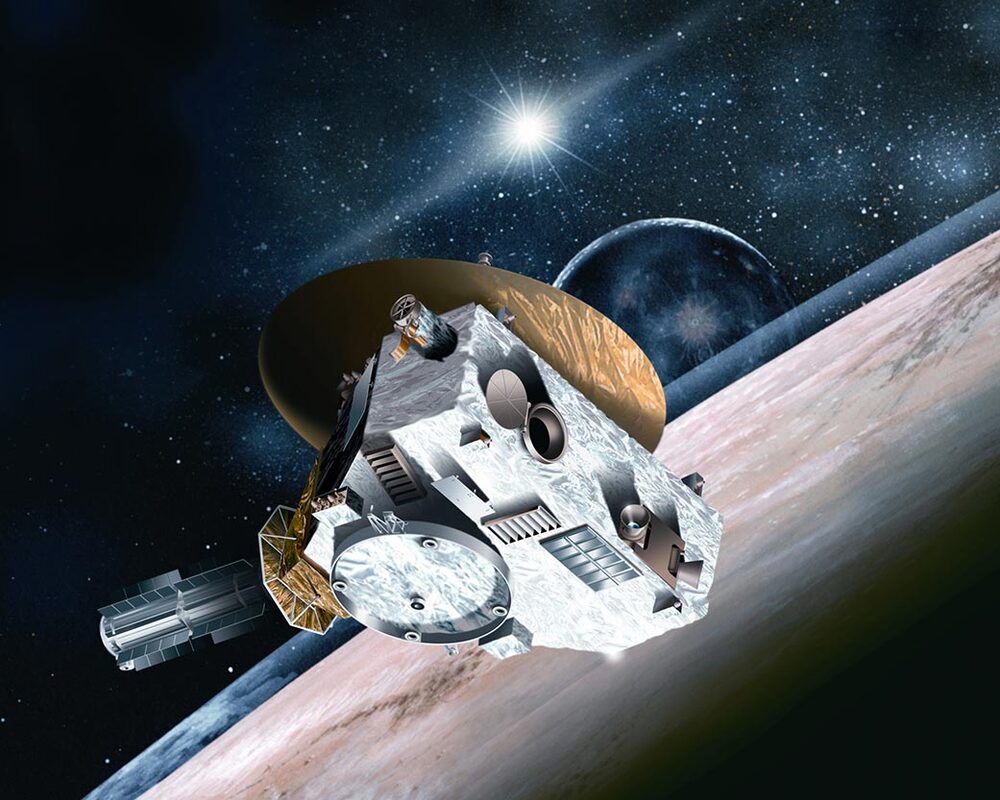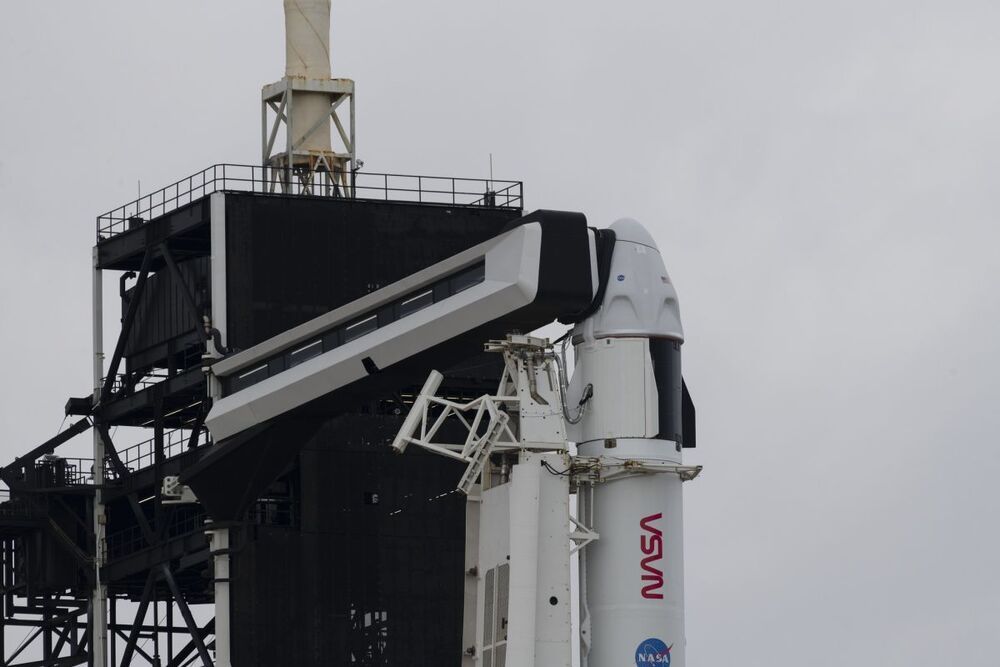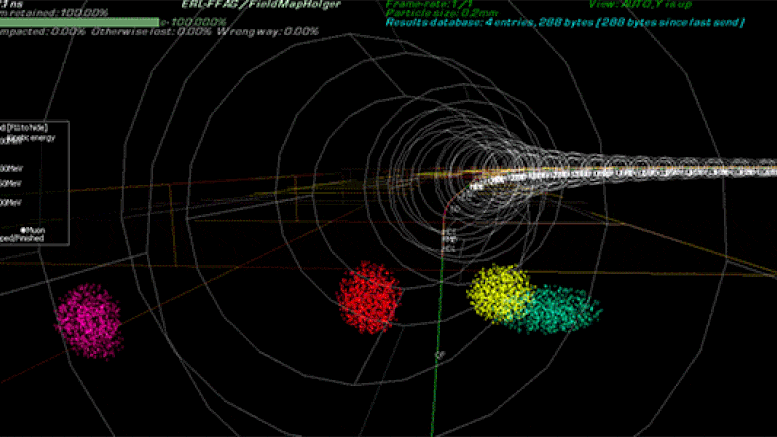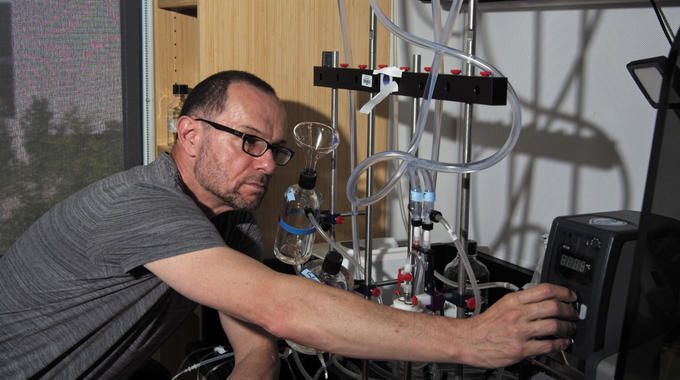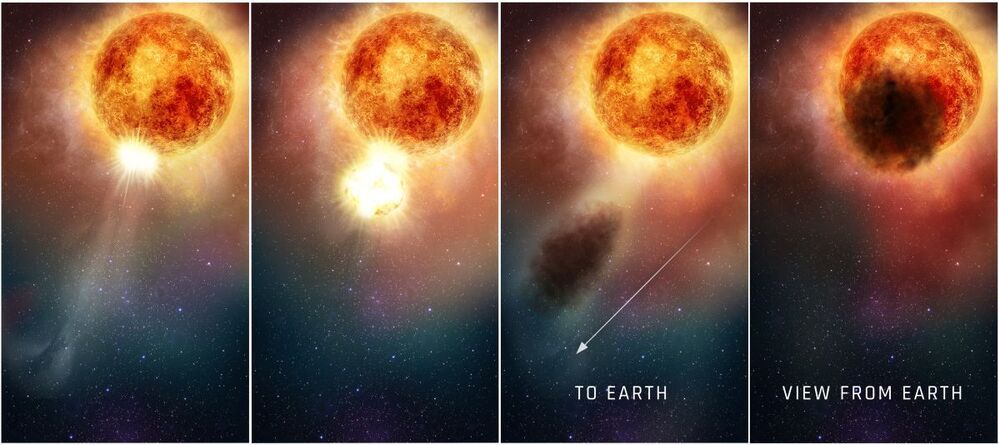In the weeks following its launch in early 2006, when NASA ’s New Horizons was still close to home, it took just minutes to transmit a command to the spacecraft, and hear back that the onboard computer received and was ready to carry out the instructions.
As New Horizons crossed the solar system, and its distance from Earth jumped from millions to billions of miles, that time between contacts grew from a few minutes to several hours. And on April 17 at 12:42 UTC (or April 17 at 8:42 a.m. EDT), New Horizons reached a rare deep-space milepost – 50 astronomical units from the Sun, or 50 times farther from the Sun than Earth is.
Here’s one way to imagine just how far 50 AU is: Think of the solar system laid out on a neighborhood street; the Sun is one house to the left of “home” (or Earth), Mars would be the next house to the right, and Jupiter would be just four houses to the right. New Horizons would be 50 houses down the street, 17 houses beyond Pluto!
